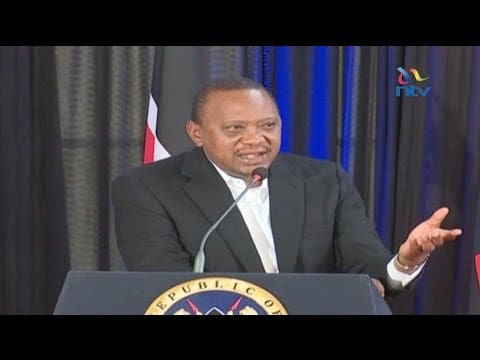
(Nairobi): Many non-governmental organizations specialising in managing HIV/AIDS and other health issues struggle – and often fail – to account for allocated funding.
That’s the argument of the Kenyan chapter of Transparency International (TI) and the Co-ordination Board of Kenya, which say governmental many NGOs squander valuable funding on attending conferences and paying out allowances for staff to attend these meetings.
“The common man on the ground does not get access to any help,” says Charles Mugo, a program officer with TI Kenya.
“He still lives on deep poverty. When the organizations for instance write good smart proposals to donors, even the issue of per diems is not included in the write ups.
“They also do not state the exact amount of conferences that they will plan. The most important’ issue is how much money goes to the ground, is what mostly part of their write ups is all about.”
Mr Mugo says he has encountered instances of NGOs changing the focus of their work to attract new sources of funding at the potential expense of responding to local needs.
“For example, many switch from heath management to climate change when donors pledge for more cash on climate change initiatives,” he says.
“They end up abandoning incomplete projects they had proposed to their [original] donors,” he adds.
Since February this year, the Kenyan government has de-registered more than 200 NGOs, many of which had specialised in health issues, particularly HIV-AIDS, after they failed to account for missing funds.
“[These] organizations have not met financial obligations and that is worrying,” says Charles Mugo, a registrar at the NGO Co-ordination Board, a government agency that licenses local and international NGOs operating in Kenya.
“They have not submitted their annual reports. They have not accounted for any of the funds. [However] we have reinstated a few that submitted [these records] late.”
Mr Mugo says there is evidence to suggest that some NGOs spend donor funds on luxury goods such as cars and organisation holidays.
Mr Mugo says: “It is very disturbing, despite extending our time to give them the chance to submit their annual reports, they ignore our hospitality.
“Apart from not accounting for the money, the organizations have also breached the Non-Governmental Coordination Act of 1990. This Act defines the conduct of NGOs.”
The Board has advised banks, government departments and members of the public that if they deal with deregistered organisations, they do so at their own risk.
A source at the Board has told me, on condition of anonymity, that: “the 200 NGOs that have had their certificates confiscated by the Board mismanaged funds. The funds are actually slightly more than a billion dollars”. The source adds that new certificates cannot be obtained as the organisations have been publicly gazetted.







